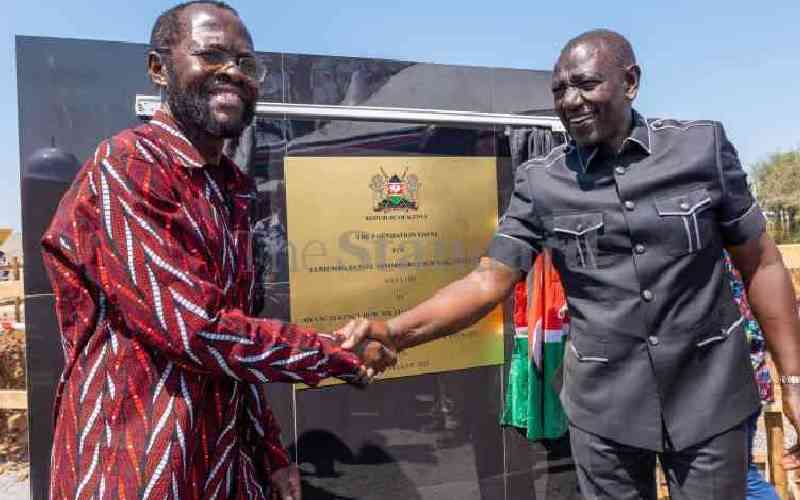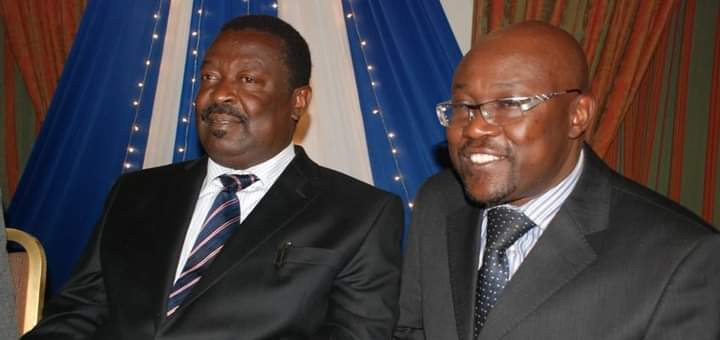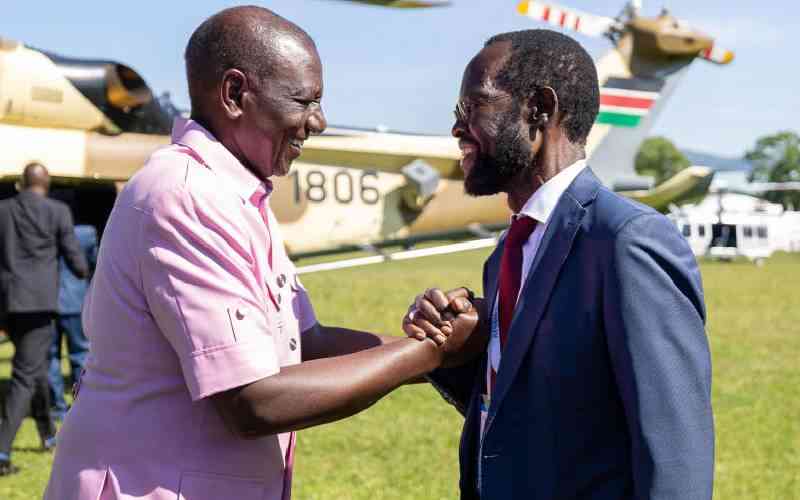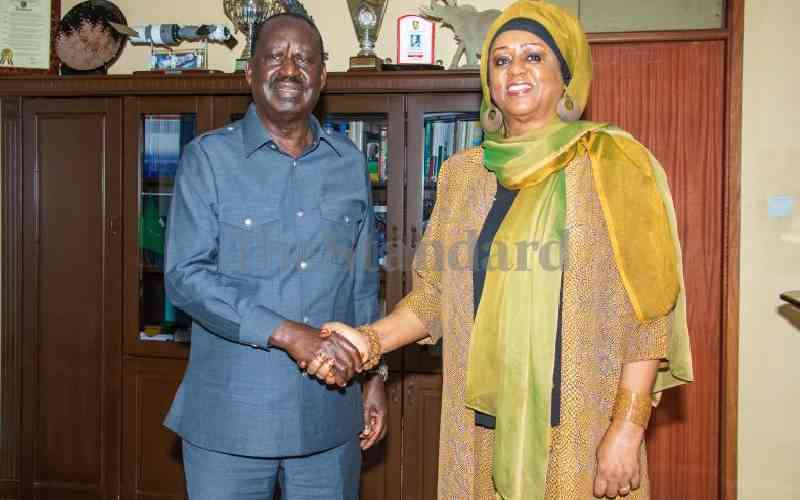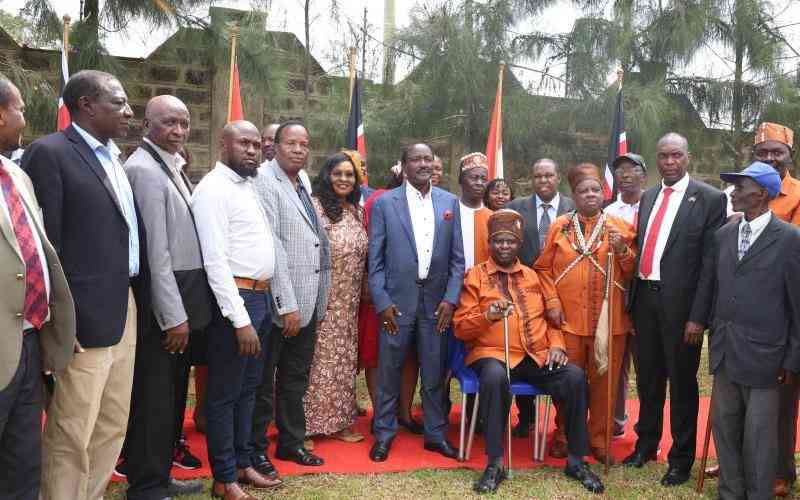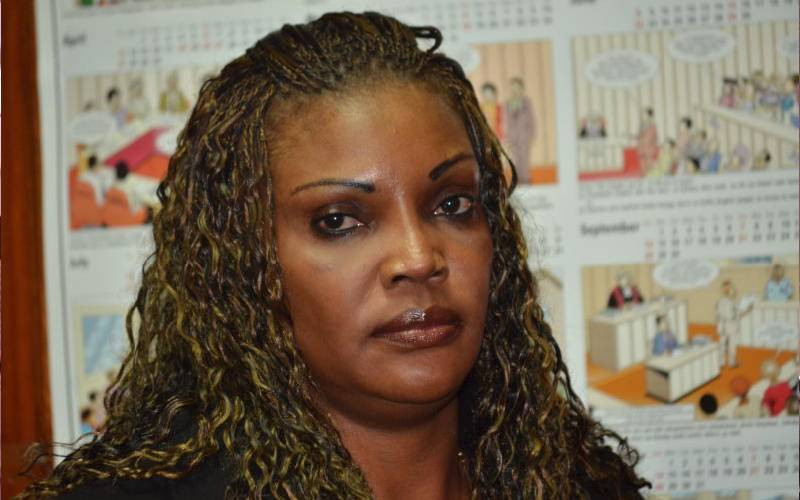A multi-sectoral working group to curb teenage pregnancies has been formed in Kisumu amid reports that about 3,500 school girls conceived between January and June this year.
Reports from the County Public Health and Sanitation Department indicate a majority of the girls are aged between 10 and 19 years, with Nyakach sub-County recording the highest number.
In the period, Nyakach recorded 573, Seme 530, Muhoroni 524, Kisumu central 501, Kisumu East 459, Nyando 454 and Kisumu West 441.
Of the data, girls between aged between 10 and 19 were 3,354 and those between aged between 10 and 14 were 128 across the county.
Deputy Governor Mathews Owili said the situation has worsened during this time when schools and colleges are closed due to the coronavirus.
Owili said the county government is willing to partner with other interested groups including NGOs, human rights groups, elected leaders; the national government, the Police Service Commission and the Judiciary to protect young girls.
Owili warned residents to be on the alert as many pregnancies were terminated in back street abortion dens, further putting lives of the girls at risk.
“History will judge us harshly if we do not act now to save our teenage girls from pregnancies that will ruin their lives forever,” Owili said at a meeting of the working group.
Owili added that through a partnership, the Ida Odinga Trust will be allowed to utilise county resources and rescue centres across the county to protect girls in need of support.
The Trust has projects four counties — Kisumu, Siaya, Kilifi and Kisii — and is working with devolved units to protect girls in need.
The teams also resolved to actively involve area chiefs and their assistants through the county commissioner to help track down the pregnant girls and take action against the responsible men.
Caroline Agwanda, an official from the Department of Women, Children and People Living with Disabilities demanded teenage girls be included in special and vulnerable groups during this pandemic.
“There is need to ensure girls and other vulnerable groups access information about their safety and where to send the distress calls,” she said.
She observed that most public meetings organised by county government lack a sign language interpreter, urging the need to have them on board.
The group resolved to incorporate elected leaders in their three-month campaign dubbed “Protect our Girls Linda kesho”.
Stay informed. Subscribe to our newsletter
 The Standard Group Plc is a
multi-media organization with investments in media platforms spanning newspaper
print operations, television, radio broadcasting, digital and online services. The
Standard Group is recognized as a leading multi-media house in Kenya with a key
influence in matters of national and international interest.
The Standard Group Plc is a
multi-media organization with investments in media platforms spanning newspaper
print operations, television, radio broadcasting, digital and online services. The
Standard Group is recognized as a leading multi-media house in Kenya with a key
influence in matters of national and international interest.
 The Standard Group Plc is a
multi-media organization with investments in media platforms spanning newspaper
print operations, television, radio broadcasting, digital and online services. The
Standard Group is recognized as a leading multi-media house in Kenya with a key
influence in matters of national and international interest.
The Standard Group Plc is a
multi-media organization with investments in media platforms spanning newspaper
print operations, television, radio broadcasting, digital and online services. The
Standard Group is recognized as a leading multi-media house in Kenya with a key
influence in matters of national and international interest.

